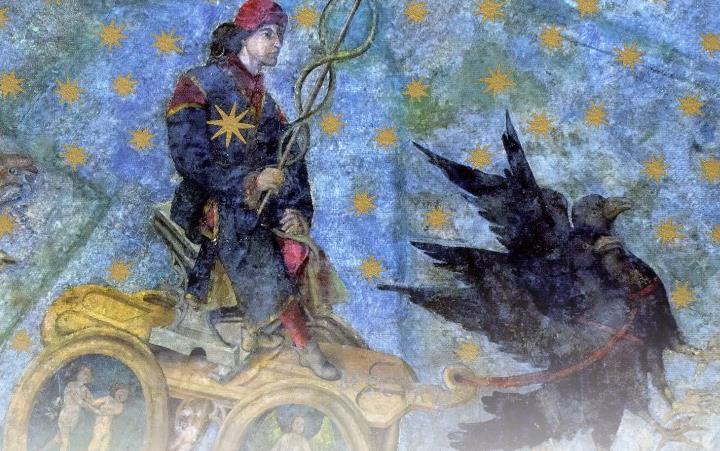“Venid a suspirar al verde prado”: missing and melancholy in an Iberian song (XVI century)
Article Sidebar

Main Article Content
José Eduardo Costa Silva
Universidade Federal do Espírito Santo (Brasil)
This article by employing the use of musical analysis, investigating the possibility of music porting an objective basis for the production of sensations, feelings and meanings. Thus, it is inscribed in the traditional discussion, often engendered by neo- Kantian and the Husserlian phenomenology, around the categorical joints involved in the subject-object relationship. The analyzed example is the Iberian anonymous “Venid a suspirar al verde prado”. Through its analysis, we concluded that the constitution's own musical time lie the foundations that sustain affective production and signifying that common sense attributes to the Iberian repertoire, especially the Portuguese songbook.
Keywords
Iberian song, Musical analysis, Phenomenology, Neo-Kantian
Article Details
How to Cite
Costa Silva, José Eduardo. “‘Venid a suspirar al verde prado’: missing and melancholy in an Iberian song (XVI century)”. Mirabilia: electronic journal of antiquity and middle ages, no. 21, pp. 242-51, https://raco.cat/index.php/Mirabilia/article/view/304039.
Most read articles by the same author(s)
- José Eduardo Costa Silva, Ernesto Hartmann, The Aesthetics of the Interpretation of Dreams , Mirabilia: electronic journal of antiquity and middle ages: No. 20 (2015): Art, Criticism and Mysticism